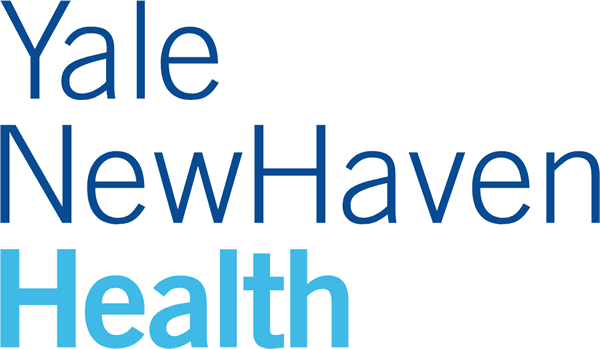
Certified Child Life Specialist
- New Haven, CT
- Training
- Part-time
- 1. Provides developmental guidelines and acts as a resource to other hospital departments concerning child development issues.
- 2. Supports the child life student intern coordinator with the student internship program as needed. Serves as a resource person and preceptor to student and graduate nurses, house staff and other health care professionals.
- 3. Orients and supervises community, college and youth volunteers to assist with group or individual programs within pediatrics. Conducts orientation sessions and evaluates volunteers at periodic intervals as designated by the Volunteer Department. Completes written evaluations and recommendations for volunteers upon request.
- 4. Maintains liaisons with other child life specialists through attendance at staff meetings, seminars and conferences and participates in all aspects of Child Life Department activity,
- 5. Selects, maintains and supervises use of materials integrated into programming; assesses materials and equipment for safety and suitability for patient's use and participates in writing funding proposals in order to secure funds for playroom and programming enhancements.
- 6. Keeps current with new trends and developments in the field of child life and relates these changes to practice. Maintains professional development of self and participates in the development of others.
- 7. Utilizes knowledge of child development (neonate to adolescent) and family-centered care to design and implement child life interventions including developmentally appropriate preparation and education, procedural support, and a range of therapeutic, expressive, and normalizing play experiences.
- 8. Assesses and prioritizes patient and family potential risk for stress with consideration for the unique needs of the individual and family, including coping style, previous experience, developmental level, culture, spirituality, family situation and emotional state.
- 9. Works collaboratively with and functions as an effective member of the child life and interdisciplinary health care teams to share concerns and needs of individual children. In addition, advocates for the implementation of appropriate interventions to decrease stress for children and families during their health care experience
- 10. Plans, implements, supervises, and evaluates therapeutic play activities and programs for groups of pediatric patients and/or individual patients to meet their developmental and pschosocial needs and to help them cope with the stresses of the health care setting and illness
- 11. Prepares pediatric patients and families for surgical, medical and/or diagnostic procedures. Provides procedural support and follow-up interventions as needed.
- 12. Communicates with parents about their child's feelings, behaviors, and responses to health care experiences. Extends support to family members with respect to their own stress and needs. Identifies resources for both patient and family.
- 13. Maintains the child's relationship with parents and other family members. Advocates for family participation in the health care experience. Evaluates needs and facilitates access to resources for siblings.
- 14. Creates a safe and nurturing environment in which children and their families can reduce their stress and anxieties through creative expression, communication, and involvement in typical routines and activities.
- 15. Maintains effective oral and written communication skills. Shares observations and assessments of patient behaviors and interactions and recommends therapeutic interventions in interdisciplinary team meetings and through documentation in the patient medical record.
- 16. Demonstrates effective organizational and interpersonal skills to ensure smooth functioning of child life services in assigned area(s) and patient population(s).
- 17. Teaches patients and families coping techniques to empower them to comply with hospital treatments and procedures (for example, pill swallowing, deep breathing techniques, guided imagery/visulaization).
- 18. Keeps accurate and timely statistical data including time spent with patients, types of interventions provided, patient acuity, and related assessments, ; Utilizes data to best meet patient needs and manage workload.
- 19. Supports the patient experience goals of units/clinics of coverage and provides consistent positive patient experiences within a family-centered care context; extends support to the whole family as defined by the patient/family.
- 20. Engages in continuous reflective practice and seeks out feedback from supervisors, peers and patients/families to improve efficacy and impact of interventions.
- 21. Serves on departmental and hospital-wide committees to support patient care initiatives; Serve on national professional committees and work groups to represent the department and support the growth of the profession.
- 22. May be required to complete training and assume the role/responsibilities of facility dog handler and perform the main interventions of the role with the facility dog's support.